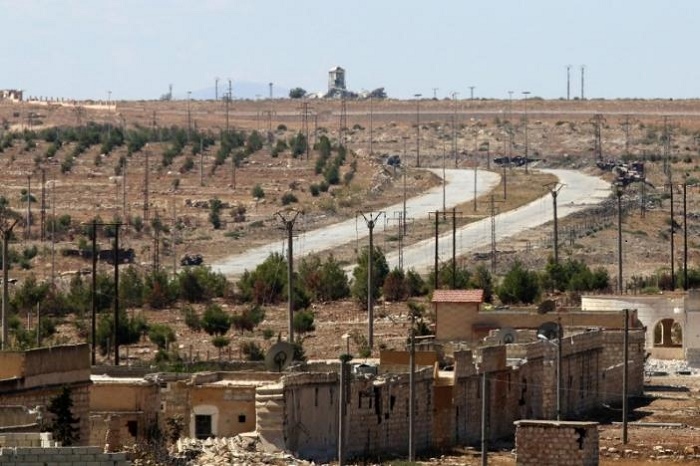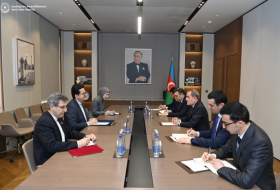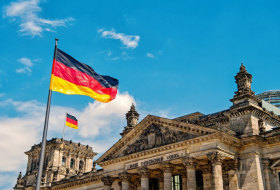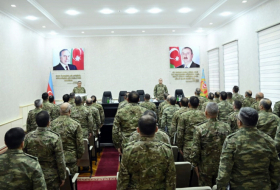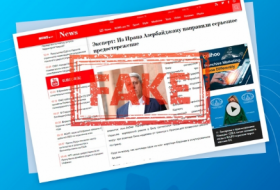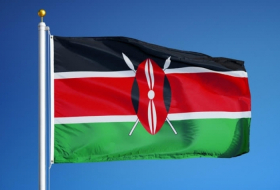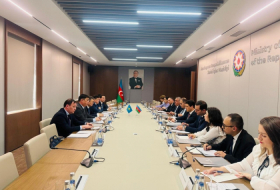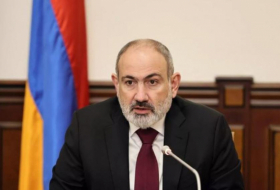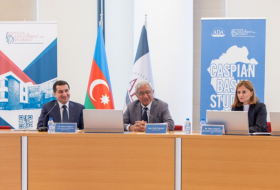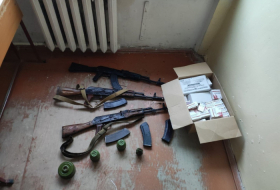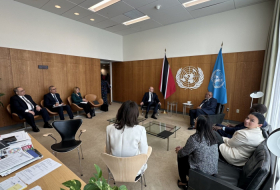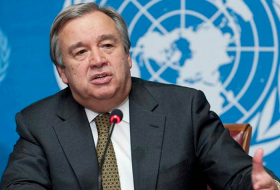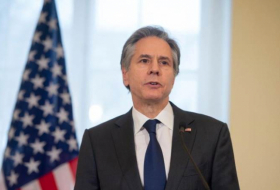Washington and Moscow, which support opposite sides in the conflict between President Bashar al-Assad and rebels trying to unseat him, have agreed to share targeting information against jihadist fighters that are their common enemies, if the truce holds.
Although the details of the pact remain secret, that could see them wage war on the same side for the first time since World War Two. But such unprecedented cooperation would come at a time of deep mistrust between the Cold War era-foes, when relations between them are at their worst for decades.
On the ground, the ceasefire has been reluctantly accepted by rebels who call it skewed in favor of Assad but say they have no choice because of the desperate humanitarian condition of civilians in besieged areas. Assad`s government, which holds its strongest position on the battlefield since the early days of the war, also is in no hurry to compromise.
Moscow, which holds the key to delivering the cooperation of its ally Assad, said it was ready to extend the truce by 72 hours and called on Washington to press rebels to abide by it.
Washington said it agreed that an extension was important, but also voiced alarm over the failure of aid to arrive.
Secretary of State John Kerry, who personally hammered out the agreement despite scepticism among some U.S. administration colleagues, told Russian Foreign Minister Sergei Lavrov that Washington would not start the agreed joint targeting of militants until aid begins to flow.
The main dispute of the truce so far is over aid to Aleppo, Syria`s biggest city before the war, divided between rebel and government-held zones for years. Pro-government forces encircled the rebel zone this month, trapping an estimated 300,000 civilians there with no way to bring in food.
The United Nations has pointed the finger at the government for holding up aid, saying it asked for permission to reach all besieged areas and was denied letters guaranteeing access.
"In order to actually initiate the actual movement of these convoys we need the facilitation letters. They have not come," U.N. humanitarian affairs spokesman Jens Laerke said in Geneva. "It`s highly frustrating."
Both sides accuse each other of violating the truce and failing to withdraw from the road that would be used to deliver aid to Aleppo. Moscow said on Friday the Syrian army had withdrawn from the Castello Road but returned its troops there after they came under fire from rebels.
Insurgent groups in Aleppo said they had seen no such withdrawal from the government side, and would not pull back from their own positions around the road until it did so.
"The regime has not withdrawn from the area," Zakaria Malahifji of the Aleppo-based Fastaqim rebel group told Reuters on Friday.
More about:








